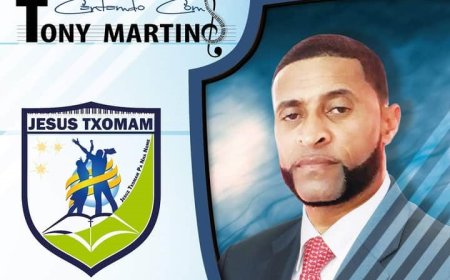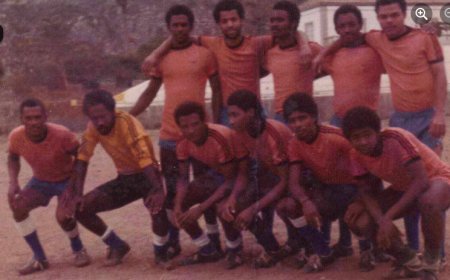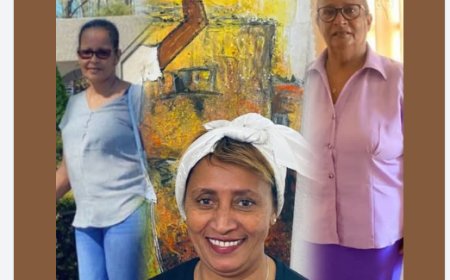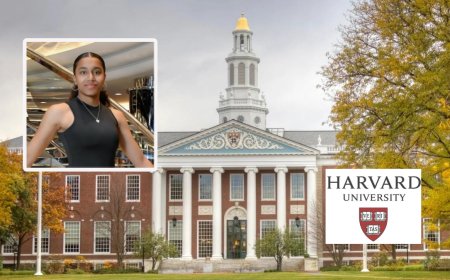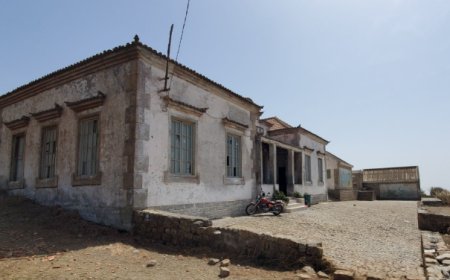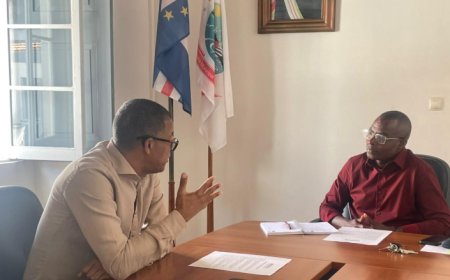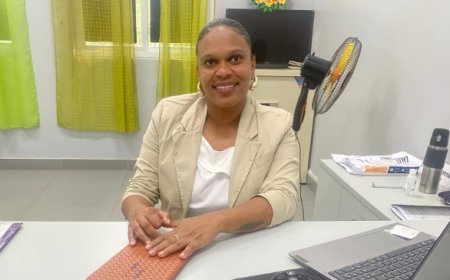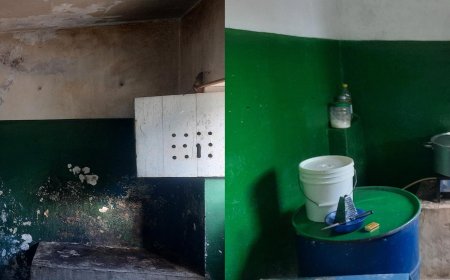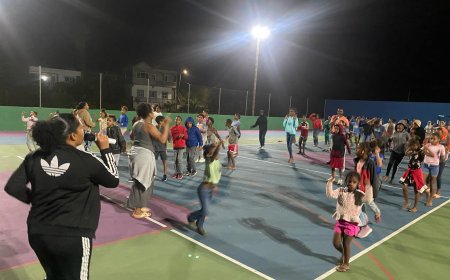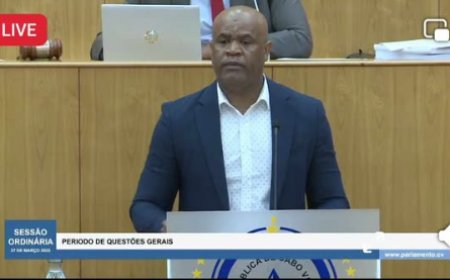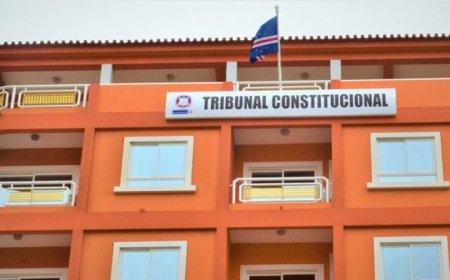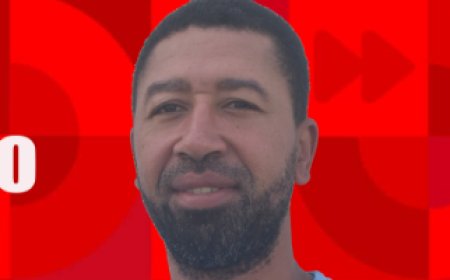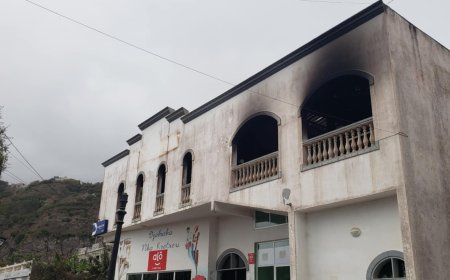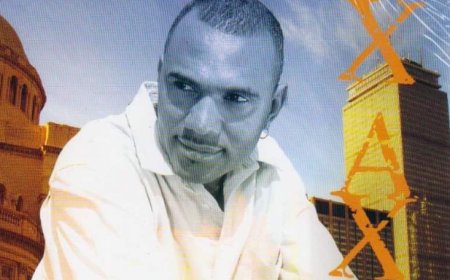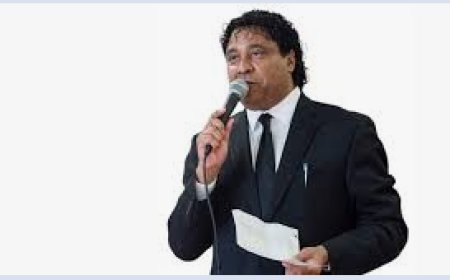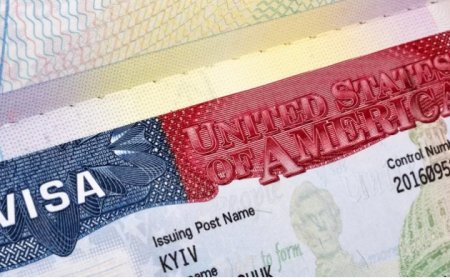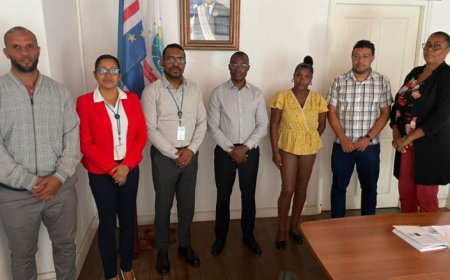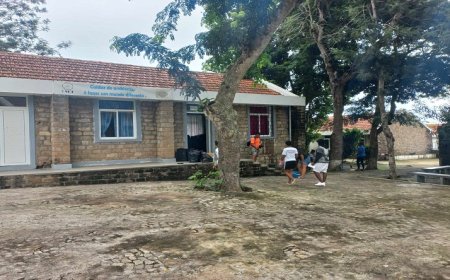Brava: Viriato Morais School hosts activities alluding to the International Day of the African Child
Students from the Basic School of Furna, Cova Rodela and Mato Grande, on the island of Brava, gathered today at the Viriato Morais school in Mato Grande, with a range of activities alluding to the International Day of the African Child.
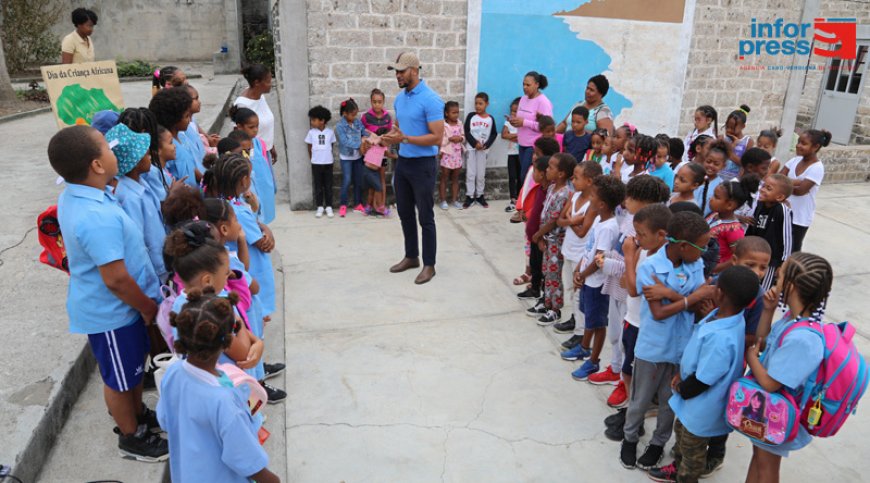
Students from the Basic School of Furna, Cova Rodela and Mato Grande, on the island of Brava, gathered today at the Viriato Morais school in Mato Grande, with a range of activities alluding to the International Day of the African Child.
Speaking to Inforpress, Mileida Cabral, responsible for the Cape Verdean Institute for Children and Adolescents (ICCA) in Brava, explained that the activities organized aim to mark the date celebrated today, June 16, to make children know the story through behind that date, but also to make them aware of their rights and duties.
“To be aware of their rights, so that they are not exposed to risk situations, but also to alert them to their duties”, he listed, reinforcing that this activity is also a means to make parents aware of being responsible.
As for the issue of parental responsibility, he highlighted that it is something that Brava needs to work on a lot, as it is lacking and the ICCA has been drawing the attention of parents and guardians about the need for this accountability in order to protect them in the best possible way. form children and children.
Questioned about the recurrent cases of aggression and sexual abuse, Mileida Cabral underlined that the ICCA has always been working in a preventive sense, with awareness-raising actions for children and adolescents in kindergartens and schools on the island, as a way of provide children with techniques and knowledge for self-protection, but has also worked in the communities to make parents aware of the need to protect their children and not leave them exposed to risk situations.
On the date, he recalled that it was a group of courageous children and adolescents who, in 1976, in South Africa, had the audacity to take to the streets to claim the situation of education that was at the time, but also to demand teaching in the language maternal.
From the education sector, Gerson Delgado, responsible for the Basic School of Furna, considered that the celebration of that date is an “important milestone”, as he believes that there is still much to be done so that the rights of children, mainly African children, are in fact taken in count.
And, being together with other schools, for this person in charge, is a way for teachers and educators to safeguard the rights of children and join the voice of other entities that are in this fight to “wake up” society in general.
The children performed a song where they listed some of their rights, which according to Gerson Delgado, taking into account the latest events where they have been faced with a lot of violation of children's rights, this song is a warning to the community and to the island of Brava itself , and for the whole world in order to call for the safeguarding of children's rights.
As he justified, lately there has been an increase in cases of violation of these rights, but that is something that has always happened, what has changed is that now there are more complaints, thus giving society a sense of what is happening. to happen.
In this regard, it calls for the continuation of the denouncements, but also for greater care and protection of children.
The International Day of the African Child draws attention to the reality of thousands of African children who are victims of violence, exploitation and abuse every day, and is celebrated on June 16, as it was on this day, in 1976, that the Soweto Massacre in Johannesburg, South Africa.
On this day in 1976, thousands of students took to the streets in protest against the poor quality of education and against the teaching of the language used only by the country's white minority, and not their mother tongue.




